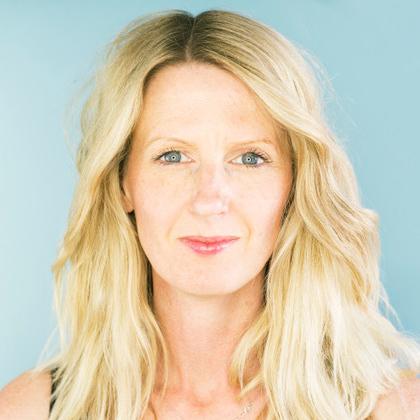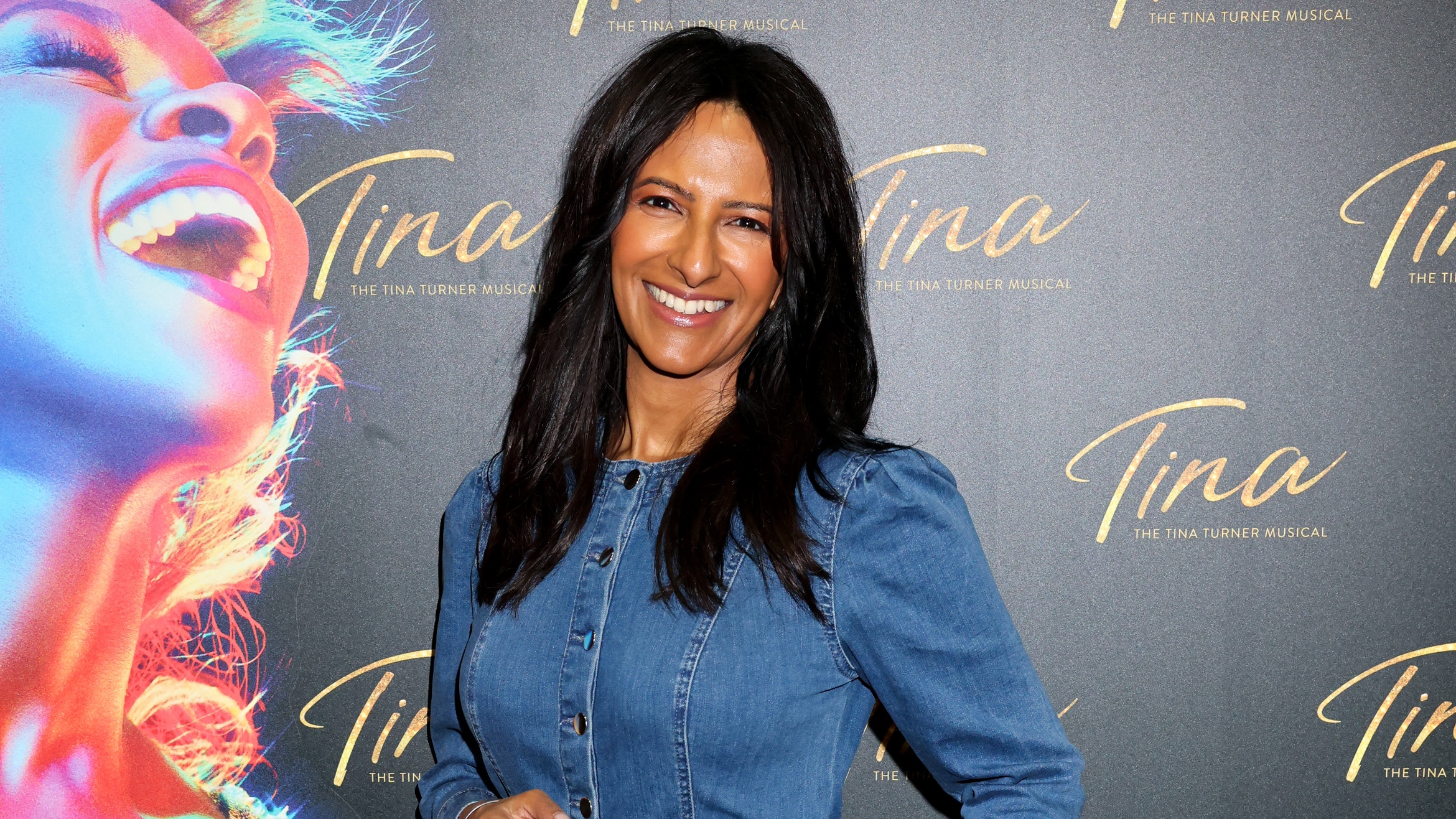Why 74% of people in the UK can’t name a single symptom of pancreatic cancer


Despite being responsible for 7,800 deaths every year, 74% of people in the UK can’t name a single symptom of pancreatic cancer, reveals new statistics from a survey by Pancreatic Cancer Action.
And because too few people know the risks surrounding it, pancreatic cancer has the lowest survival rate of all the major cancers – a lack of awareness means it's often diagnosed at an advanced stage.
The low survival rates and lack of awareness around the the symptoms of pancreatic cancer are partly due to how the symptoms manifest themselves. They're fairly generic complaints, ones that can me mistaken for other illnesses and ailments.
Ali Stunt, founder of Pancreatic Cancer Action, says, "it's so important to be aware of your own health and notice if you seem to be visiting the GP more than normal, or having frequent symptoms that aren’t going away,".
She continues, "even if the symptoms don’t seem to correlate, it could be a sign of something bigger so it is always best to get checked and don’t be afraid to be persistent if it doesn’t go away with prescribed medicines."
Nikki Davies was just 51 when weight loss, stomach pains and jaundice led to an emergency CT scan that diagnosed pancreatic cancer. Luckily she was able to have surgery to remove it, and chemotherapy followed to ensure that all the cancer cells were destroyed.
"On days when I feel sore or tired, I look at my scar and think how lucky I was to be able to have the surgery that has probably saved my life. Just being suitable for the surgery has put me into the sadly tiny survivable bracket, she says.
Sign up for the woman&home newsletter
Sign up to our free daily email for the latest royal and entertainment news, interesting opinion, expert advice on styling and beauty trends, and no-nonsense guides to the health and wellness questions you want answered.
“If someone finds out I have had pancreatic cancer they are just amazed that I have survived – there is a perception it is an automatic death sentence but it isn’t if it is diagnosed early enough. My advice to anyone who thinks they may be experiencing symptoms of pancreatic cancer is get checked and don’t be dismissed.
"You do have to make a nuisance of yourself - there's no room for the old "stiff upper lip" attitude when it comes to this as early diagnosis is really the best chance of survival. You know your body better than anyone and if you think there's something wrong then get it checked and don't be shy about it.”
What you need to know about pancreatic cancer
First things, first – what exactly is the pancreas and where is it in the body?
Pancreatic Cancer Action explains that the pancreas is an organ about six inches long and shaped like a thin pear. It’s found deep inside the body, behind the stomach and in front of the spine.
In the pancreas are exocrine glands that produce enzymes to help digest food. It also has endocrine glands that are responsible for hormones such as insulin and glucagon, which control blood sugars.
Pancreatic cancer develops when cells in the pancreas grow and form a malignant tumour, and there are two types of pancreatic cancer – tumour of the exocrine glands, and ones that affect the endocrine glands.
In most cases, this cancer occurs with no direct cause, but smoking, diabetes, obesity, genetics and long term inflammation of the pancreas can all increase the risk or developing pancreatic cancer. The likelihood of developing it also increases as we age.
Pancreatic cancer symptoms
Although there are several main signs of pancreatic cancer to watch out for, remember that not all of them will be the result of cancer. Symptoms can also come and go and vary in severity. For more detailed information, read our guide to the symptoms of pancreatic cancer.
- Jaundice
- Pain or discomfort in the abdomen
- Mid-back pain or discomfort
- Changes in bowel habit
- Indigestion
- Loss of appetite
- Nausea and vomiting
- Diabetes
- Fatigue
- Unexplained weight loss
If you are exhibiting any of these symptoms visit your GP for advice.
Senior Health Writer Ali Horsfall has almost 15 years experience as a journalist and has written for national print titles and women’s lifestyle brands including woman&home, Woman, Woman's Own, BBC magazines, Mothercare, Grazia and The Independent. She currently specialises in health and fitness content and loves sharing the best expert advice on staying well.
-
 Celebrities who overcame scandal and came back stronger than before - from Jane Fonda to Martha Stewart
Celebrities who overcame scandal and came back stronger than before - from Jane Fonda to Martha StewartScandals, controversies and fallouts can really harm a celebrity's reputation, but these stars proved there's power in putting in the work for a second shot
By Jack Slater Published
-
 Ranvir Singh’s denim midi dress is perfect for April date nights
Ranvir Singh’s denim midi dress is perfect for April date nightsYour favourite jeans will always be an easy outfit staple but denim dresses have the same comfort factor and more elegance.
By Emma Shacklock Published